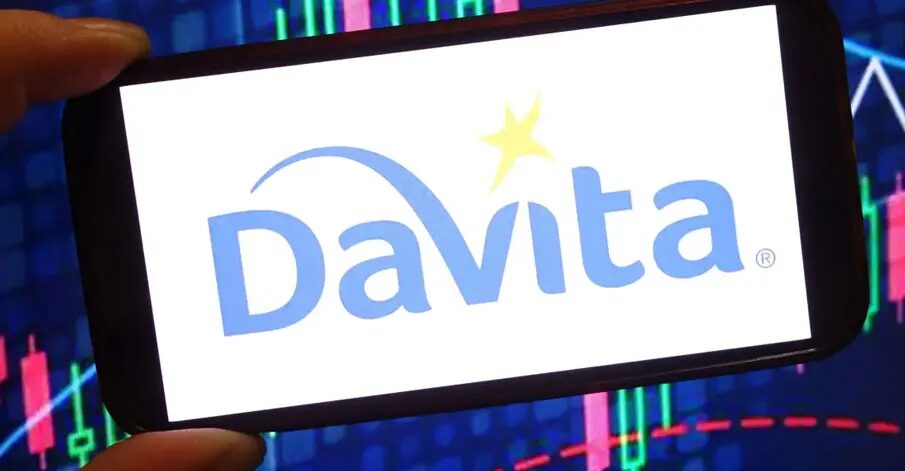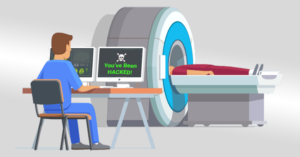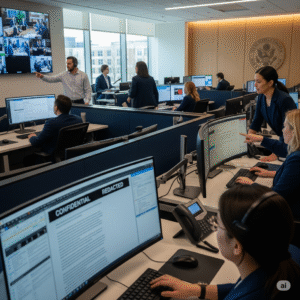Healthcare cybersecurity took a hit this week. Dialysis provider DaVita was hit by ransomware, with U.S. health department records confirming the attack impacted around 2.7 million individuals. The firm is working to restore operations while assessing the fallout. (Reuters)
What Went Wrong
DaVita disclosed the cyberattack back in April and has since struggled to fully estimate the scale. Now, the official count reveals nearly 3 million patient records were involved. The attack encrypted parts of their network, depriving the company of access to critical systems that support patient treatments and operations.
Why This Matters to Healthcare Security
Healthcare systems house incredibly sensitive data—personal identities, medical histories, insurance details—not easy to replace or reissue. Ransomware in such environments doesn’t just pose a financial threat—it risks patient safety, could delay life-saving treatments, and steals trust on a broader scale.
This incident underlines how critical infrastructure industries, especially healthcare, remain high-value targets. The fact that millions of patients are affected shows how widespread the risk is and how much more attention cybersecurity needs.
Mounting Trend in Healthcare Cyber Breaches
Earlier this year, Michigan State University, Yale, and Johns Hopkins published a study tracking healthcare breaches between 2010 and 2024. It found ransomware accounted for just 11 percent of attack incidents—but caused a staggering 69 percent of patient record losses. That’s nearly 285 million records compromised. Big breaches like DaVita’s now sit squarely within that dangerous trend. (Michigan State University study)
Broader Impact on Trust and Preparedness
These attacks continue to shake public confidence in healthcare institutions. Patients rely on confidentiality, and a breach undermines that. Plus, these disruptions impact frontline care—any delay or diversion in access to health systems during emergencies can be far-reaching.
The DaVita breach should pressure healthcare organizations and policymakers to elevate cybersecurity to the same priority as patient safety. It’s not optional. Training, stronger defenses, and recovery planning need to come in lockstep with clinical preparedness.
What’s Next for DaVita and the Industry
DaVita is still playing catch-up—patching systems, investigating the scope, bringing in external forensic teams. Patients and regulatory bodies may demand compensation, improvements in protection, and more transparency about what data was compromised.
On the industry level, expect renewed pressure from federal agencies and insurance groups. Risk ratings may rise, insurance costs increase, and tighter regulation could follow. Organizations without strong cybersecurity posture may become unsustainable to operate.
My Take
I’ve covered this field for years and it always troubles me when healthcare remains an easy win for cybercriminals. Patient data isn’t just a file it’s someone’s life story and private health struggles. Ransomware should matter to everyone from hospital boards to Congress. Protecting networks isn’t optional it’s as critical as sterilizing surgical tools or checking medical devices. DaVita’s breach is a harsh reminder that we need to treat cybersecurity with the urgency it deserves.
Source:
Reuters (DaVita ransomware impacted 2.7 million people)




